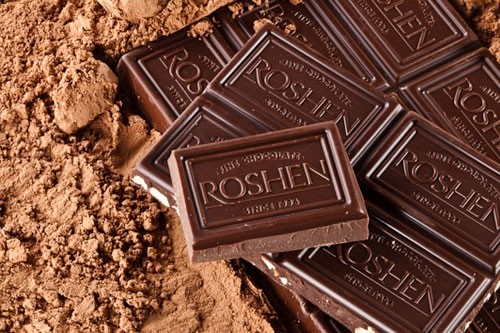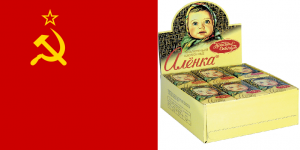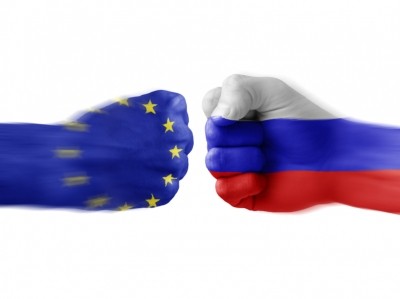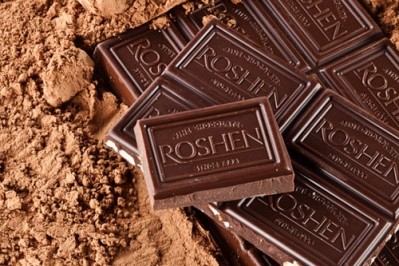Chocolate war: Soviet brand dispute behind Roshen factory raids

The Ukrainian confectioner said the move was linked to a trademark dispute with part state-owned Russian firm United Confectioners as political tensions mount between the EU and Russia.
Russian authorities this week froze Roshen assets in Russian banks and yesterday seized the firm’s two factories in Lipetsk.
“The production is on hold. They didn’t force us to close, but we couldn’t continue,” Roshen’s director of PR Inna Petrenko told ConfectioneryNews.
Roshen has one existing factory in Lipetsk and was due to open a second in the region this year. It had invested RUB 9 billion ($249m) over the past four years in a move that would increase its production turnvover 1.5 times, but this facility was also seized by Russian authorities.
United Confectioners dispute
She said the seizure was connected to an ongoing lawsuit initiated by Russian part state-owned competitor United Confectioners.

Euromonitor International Research analysts Georgij Grebinskij and Julija Poliscuk told this site that United Confectioners (Obiedinenye Konditery) initiated legal proceedings against Roshen in 2010 for allegedly infringing its trademark on former Soviet brand “Lastochka”.
An appeal court in 2012 ordered Roshen to pay RUB 212 million ($5.8m) and Roshen said it had stopped production of its Lastochka-Pevunya brand.
A new lawsuit was brought by Tulskaya Konditerskaya Fabrika, a company belonging to United Confectioners, in 2013.
Political motives
“We are trying to solve this to find out the reasons,” said Petrenko.
Roshen owner, Piotr Poroshenko, is pro-Western member of the Ukrainian parliament and has been tipped as a presidential contender in possible upcoming elections.
The Ministry of Foreign Affairs and Economic Development of Ukraine condemned Russia's interference at Roshen as a “politically motivated” campaign against the Ukrainian investors and demanded that Russia explain its actions.
“..They have violated the fundamental principle of the inviolability of private property guaranteed by international laws, in particular, Article 1 of Protocol № 1 of the European Convention on Human Rights, as well as Article 35 of the Constitution of the Russian Federation. Russian government sets a dangerous precedent that could turn into a boomerang,” it said in a release.
It claimed that Russian law enforcement showed no documents to enter Roshen’s property and said the company was given no warning or official notice.
We have contacted the Ministry of Foreign Affairs for Russia for comment.
Roshen could look West
According to Euromonitor International analysts, members of the Customs Union (Russia, Belarus and Kazakhstan) had been trying to “push out” Ukrainian exports such as dairy and confectionery.
Roshen is the ninth largest chocolate company in Russia, behind leader United Confectioners (18.7%) and second-placed Mars (14.4%), data from Euromonitor shows.
“Taking into account current political conflict between Russia and Ukraine and problems of the company’s business in Russia, one could predict that Roshen will focus on diversification of its business in European markets,” said the Euromonitor analysts.
Earlier import ban
In July 2013 Russia banned imports from Roshen claiming it had found harmful ingredients in its chocolate, which forced Roshen temporarily close one of its factories.
In November 2013 , Russian authority Rospotrebnadzor reached a Memorandum of Understanding with the Ukrainian government that included phased reintroduction of Roshen products into Russia.
The Commonwealth of Independent States (CIS), particularly Russia, is the biggest export market for Ukrainian confectionery.
Roshen operations
Roshen is headquartered in Kiev, Ukraine. It operates four Ukrainian factories –one each in Kiev, Vinnitsa, Mariupol and Kremenchug.
Last month, Roshen halted production at the Mariupol facility due to what it described as “politically motivated complications” in Ukrainian trade relations with other countries.
The company also has production in Lithuania and Hungary.








